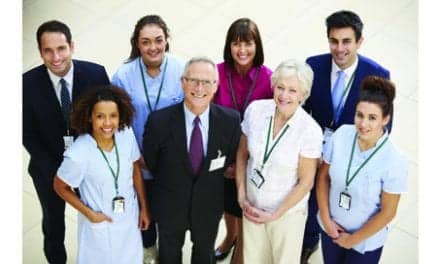08-07-2006
Massage therapy is effective in reducing lower back pain and the sleep disturbances, anxiety and depressed mood states associated with it, according to a new study conducted by the Touch Research Institutes (TRI) at the University of Miami School of Medicine, Miami, and Fielding Graduate University, Santa Barbara, Calif. The findings are available in the July 2006 issue of the Journal of Bodywork and Movement Therapy.
Back pain is the second leading chronic pain condition for physician visits, and the morbidity rate associated with back pain is the most frequent cause of work absenteeism, the study reports. The study included 30 adults experiencing low back pain with duration for at least 6 months.
For years relaxation therapy was used to treat lower back pain, says Tiffany Field, PhD, TRI director. This new study indicates that massage therapy also is an effective treatment. Moreover, the back pain study adds to the growing body of research about the role of massage therapy in treating painful syndromes such as juvenile rheumatoid arthritis, fibromyalgia, chronic fatigue syndrome, and migraine headaches.
Under the study, half of the participants were assigned to a massage therapy group and the other half to a relaxation therapy group to compare the effectiveness of the two treatments. Over a period of 5 weeks, the massage group received two 30-minute massage therapy sessions each week. The relaxation therapy group conducted progressive muscle relaxation exercises of the same duration and on the same schedule as the massage group.
At the end of the study, tests indicated that back pain decreased and range of motion increased among participants in the massage group. This group also showed improvement in trunk and flexion performance. Equally important, participants reported a decrease in sleep disturbance, depression, and anxiety. By comparison, improvement in the pain levels and mood states of massage group participants was greater than those of participants in the relaxation study.
The TRI study was conducted with funding from BIOTONE, San Diego.
[SOURCE: Business Wire, July 11, 2006]



